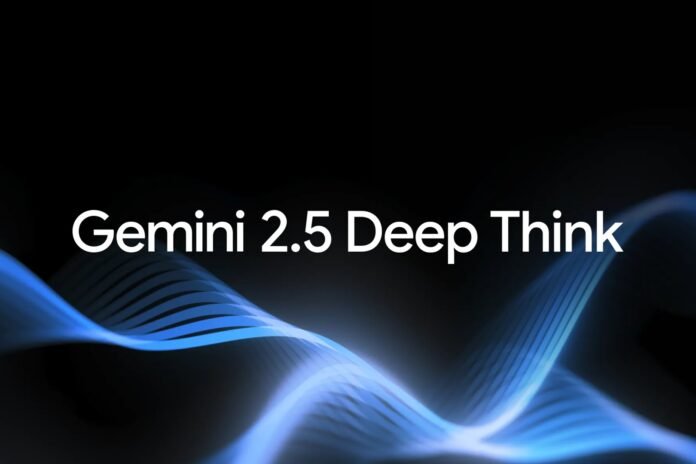Google is committing and is investing a lot to improve Gemini and its features, and in these hours an interesting news arrives that certifies the steps forward made in recent years: Gemini 2.5 Deep Think has obtained a performance from Gold medal in competitive programming.
Gemini 2.5 Deep Think has offered gold medal performance to Baku’s ICPC
After the excellent performance obtained during the summer at the International Mathematics Olympics, Gemini 2.5 Deep Think participated in theInternational Collegiate Programming Contest (ICPC), i.e. the oldest, largest and prestigious programming competition algorithmic at university level. Almost 3000 universities of 103 countries took part, with the intention of reaching the final phase of Baku.
As you may know, Gemini Deep Think is an experimental functionality that allows the model to think more in -depth and iteratively, exploring more solutions and approaches simultaneously before reaching the best answer. It is optimized for complex tasks such as mathematics, science and code development.
The participants in the competition final had to face 12 programming problems in 5 hours of timeand the ranking was based on the time used to solve them, with points released only in case of perfect solutions. Only 4 teams (out of 139) obtained the final gold medal, with a Gemini 2.5 Deep Think able to solve 10 problems out of 12 (live remotely, while following the rules of the competition under the guidance of the organizers).
“The ICPC has always committed itself to establishing the highest standards in resolving problems“, Commented on the Dr. Bill PoucherICPC Global Executive Director. “Gemini’s entry into this area and the achievement of results from gold medal mark a key moment in defining artificial intelligence tools and academic standards necessary for the next generation. Congratulations to Google Deepmind; This work will help us feed a digital rebirth for everyone’s benefit“.
Gemini’s IA managed to solve 8 problems in just 45 minutes, and two more in about three hours. This would have allowed her to place themselves in second general place, if compared with the participating teams. Attention focused in particular on the problem cwho was resolved by Gemini in about 30 minutes: the interesting part is that no other human team in the race managed to come to the head.
The problem required to find a solution to distribute a liquid through a network of interconnected ducts to a set of tanks, with the aim of finding a configuration of these ducts that filled all the tanks as quickly as possible. The possible configurations are infinite, since each duct can be opened, closed or even partially open, making the search for optimal configuration very difficult.
Artificial intelligence managed to find one effective solution With a nice intuition, as explained directly by Google Deepmind:
“It initially hypothesized that each tank had a “priority value” that represented how much each tank should be favored with respect to the others. Given a set of priority values, the best configuration of the ducts can be found using a dynamic programming algorithm. Gemini discovered that, by applying the minimax theorem, the original problem can be addressed by finding the priority values that make the resulting flow more constrained. By exploiting the relationship between priority values and optimal flows, it used ternary research nestled to quickly find optimal priority values in convex solutions space and solved the problem C“.
Google has attributed the merit of this success to one series of innovations In pre-training and post-day training techniques, new learning techniques for reinforcement, multi-step reasoning and parallel thought. These innovations have helped Gemini explore different ways of solving complex problems, checking the solutions and repeating continuously before responding.
“For example“, Explained Google,”During the learning course for reinforcement, we trained Gemini to think and generate code for some of the most difficult problems that programmers have ever faced, to learn from feedback on the results and develop their approaches. To deal with a problem, multiple Gemini agents each propose their own solutions, use terminals to perform code and tests and therefore items the solutions on the basis of all attempts“.
The internal studies carried out by Big G show that a similar version of Gemini 2.5 Deep Think can offer gold medal performance also in the ICPC finals of 2023 and 2024obtaining results equal to those of the 20 best competitive programmers in the world.
According to Google, much more intelligent programming assistants could help developers to face increasingly complex engineering challenges: solutions to some of the most difficult and unsolvable problems could soon be at hand using IA as a collaborative tool. Users equipped with subscription Google Ai Ultra They can already use a “light” version of Gemini 2.5 Deep Think in the Gemini app. For the uninitiated, the cost of this subscription is 274.99 euros per month (139.99 euros for the first 3 months).




